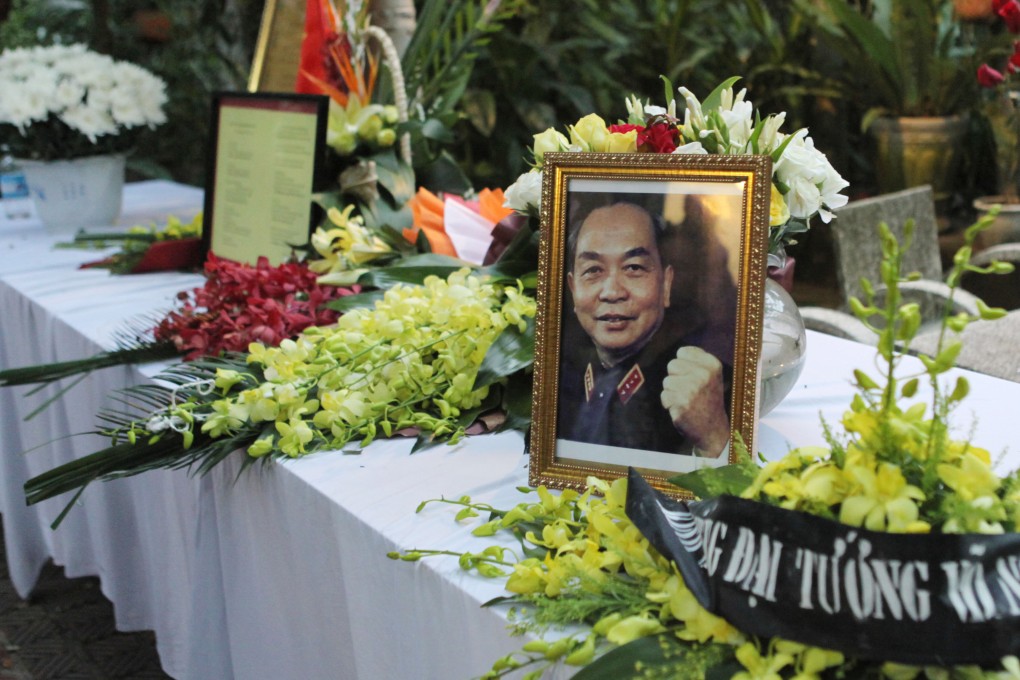My Take | Vietnamese general who built an army
For a Vietnamese communist who defeated and humiliated in turn the French, Americans and Chinese, the death of General Vo Nguyen Giap received favourable coverage in all three countries. It's testament to his genius that he is almost universally regarded as one of the greatest generals of the 20th century.

For a Vietnamese communist who defeated and humiliated in turn the French, Americans and Chinese, the death of General Vo Nguyen Giap received favourable coverage in all three countries. It's testament to his genius that he is almost universally regarded as one of the greatest generals of the 20th century.
Giap (1911-2013), who died last week after a prolonged illness, has been called the Red Napoleon. But in his early career, it may be more useful to compare him to Trotsky, a radical journalist turned founder of the Red Army. Napoleon exploited and took to new heights the armies created by the Jacobin revolutionaries. Trotsky laid the foundation for one of the great armies of the last century which he would not command. But starting from a ragtag group of guerilla fighters in the mid-1940s, Giap would preside by 1949 over a standing army with regiments and full divisions, including one for artillery and engineering. He would command it for the next 30 years, a unique record in the annals of war.
Most obituaries single out two fights in his life - Dienbienphu in 1954 and the Tet offensive in 1968. On Dienbienphu, there is no doubt as to his achievement. It led to the French military collapse in Indochina, the Geneva Conference and the partitioning of Vietnam. In his classic Vietnam: A History, Stanley Karnow compares it to "Waterloo, Gettysburg and Stalingrad as one of the decisive battles of history. It was Giap's epiphany."
But on Tet, there is now some doubt. Karnow describes Giap as its "principal architect". But revisionist history based on archival materials made available after Vietnam's opening up in the 1990s have shown that Giap might have initially objected to the Tet campaign and played a far less prominent role when it was launched on January 31.
Both Giap and General Westmorland, his nemesis, agreed that in military terms, Tet was a disaster for the communists. It decimated the south Vietnamese communist Vietcong and failed to provoke an uprising in the south. But it turned US public opinion against Lyndon Johnson and paved the way for the eventual US withdrawal and Vietnam's unification. Giap took credit for Tet, but it's doubtful he had planned for the outcomes.
